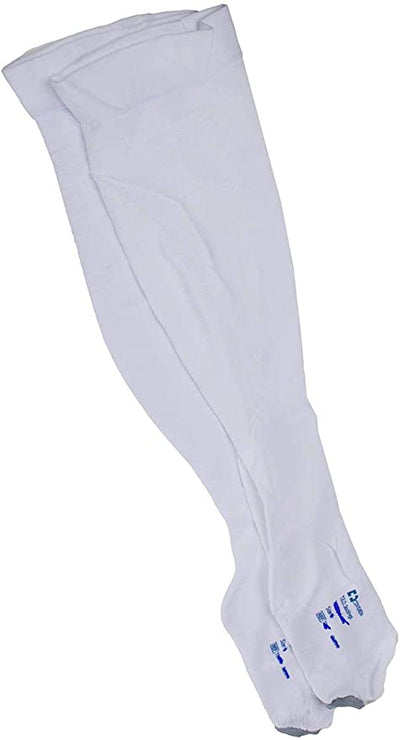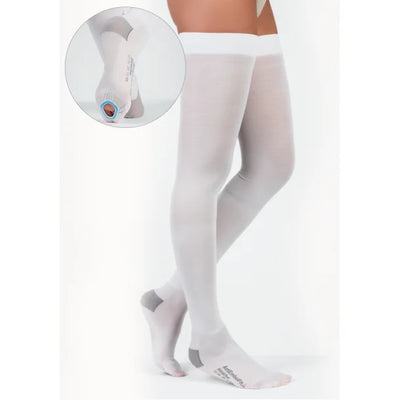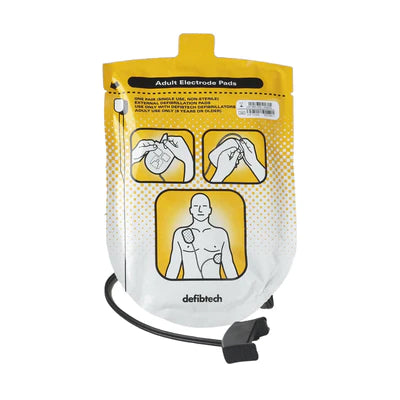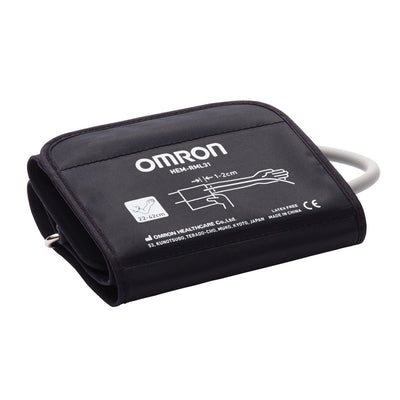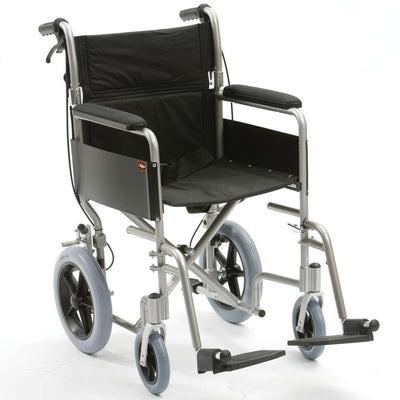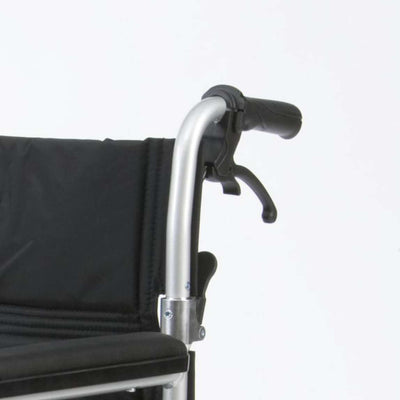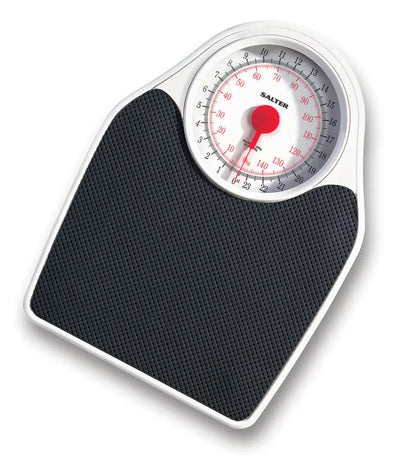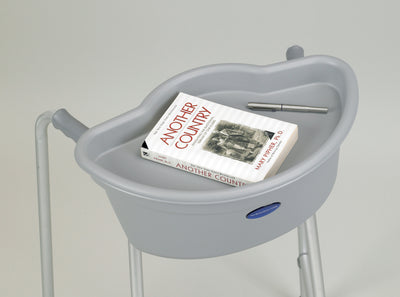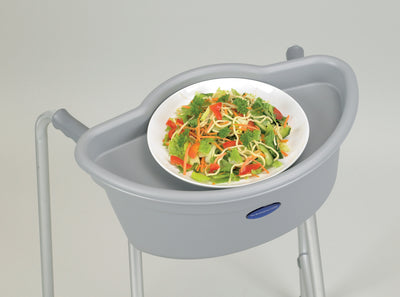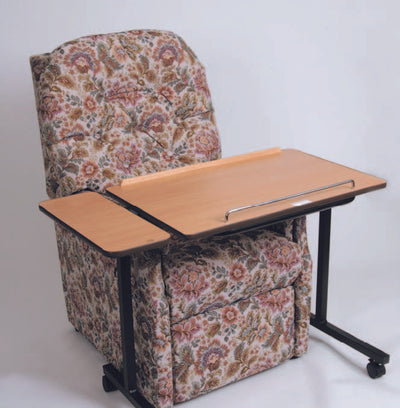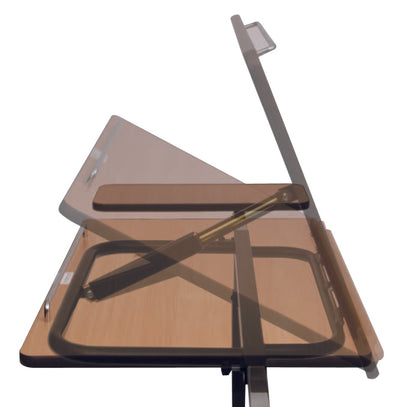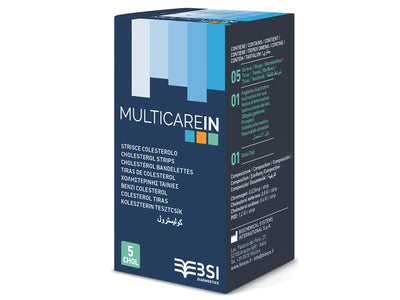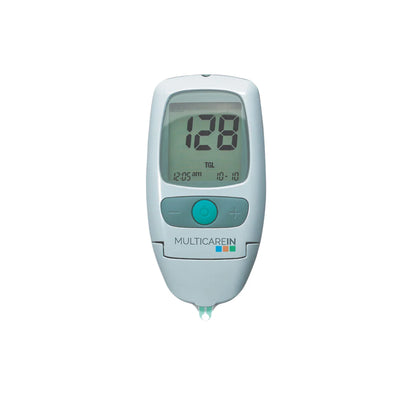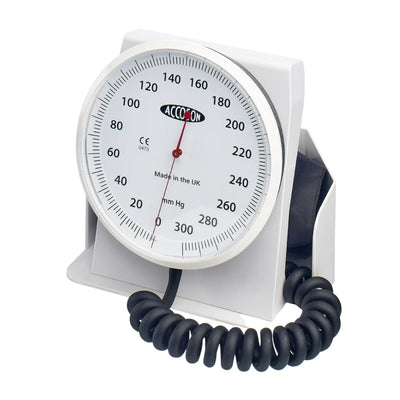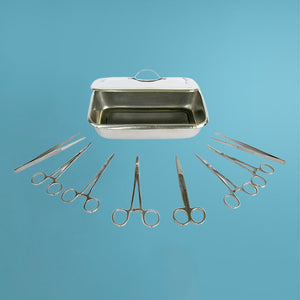The darkest days of the covid pandemic are hopefully behind us, but we are still living with the virus in our communities and many people remain vulnerable to the effects of covid-19.
Hospital admissions in the UK are slowly increasing as Autumn and Winter approach and new covid virus strains have been detected.
So what can we do to protect ourselves and stay covid-free throughout the autumn and winter to come?
New Covid-19 variant and symptoms
Two new covid variants called Pirola and Eris have been detected in Autumn 2023. Although cases do remain relatively low compared to the height of the pandemic, the strains are spreading and cases are slowly on the increase.
Symptoms of the new covid variant are:
- a high temperature or shivering (chills) – a high temperature means you feel hot to touch on your chest or back (you do not need to measure your temperature)
- a new, continuous cough – this means coughing a lot for more than an hour, or 3 or more coughing episodes in 24 hours
- a loss or change to your sense of smell or taste
- shortness of breath
- feeling tired or exhausted
- an aching body
- a headache
- a sore throat
- a blocked or runny nose
- loss of appetite
- diarrhoea
- feeling sick or being sick.
Many of these are also symptoms of other illnesses such as flu and colds but if you have one or more of these symptoms it’s advisable that you take a covid test.
Covid home testing
The best way to know if you have Covid is to take a lateral flow test. These are no longer free, but you can order a lateral flow covid test kit online. It might be advisable to order a box of lateral flow covid test kits to have to hand for the upcoming flu season.
Check out our blog on how to properly take a covid test at home.
What are the latest rules in 2023 if you test positive for Covid?
If you test positive for covid-19 there are currently no legal requirements for you to self-isolate. However, the NHS guidelines are that you should try to stay at home and avoid contact with others for 5 days. Children are advised to stay at home for 3 days as young people tend to be infectious for a shorter period of time.
If you do need to leave home while you have Covid, the Government website suggests you take the following precautions to minimise the risk of infecting others:
- wear a well-fitting face covering or a face mask
- avoid crowded or enclosed spaces such as public transport, large social gatherings and enclosed or poorly ventilated spaces
- exercise outdoors and away from others
- always remember good hand and respiratory hygiene.
Covid Vaccinations and Boosters
The mass vaccination programmes for covid that happened during the height of the pandemic have now been scaled down and will be focussed on giving vaccines to the most vulnerable in the community.
The UK’s vaccination programme for Autumn/Winter 2023, as it stands, will offer one dose to everyone aged 65 and over, residents in care homes for the elderly, anyone aged 6 months and over in a clinical risk group and health and social care staff. It is expected that vaccinations for under 18’s will be available later in the year.
Over 20 million people are expected to be eligible for a covid vaccination booster this winter in the UK. The COVID-19 vaccine will reduce the chance of you becoming severely unwell from COVID-19 this winter.
General Advice for Staying Covid-Free
Face masks - while there are no current legal requirements for the wearing of face masks on public transport, healthcare settings or public buildings, it would be good practice to continue wearing a facemask if you are concerned about the spread of the virus.
Also, if you are experiencing symptoms of covid (or any flu-like symptoms) and you do have to go out you should wear a face mask to prevent spreading your own germs to others.
Hand Hygiene - the basic rules of good hygiene include regular hand and surface cleaning with soap or something like surface disinfectant wipes. Germs and viruses can easily be transferred from surface to surface via your hands.
Wash your hands with soap and water or use hand sanitiser regularly throughout the day. You should wash your hands after coughing, sneezing and blowing your nose and before you eat or handle food. Wash your hands after coming into contact with surfaces touched by many others, such as handles, handrails and light switches, and shared areas such as kitchens and bathrooms.
Finally
Covid-19 is still spreading and it still has the ability to make people very unwell. Help protect your friends, family, and local community by following sensible covid-19 precautions like these, as well as ensuring you have taken up all invitations for vaccination if you are eligible.
